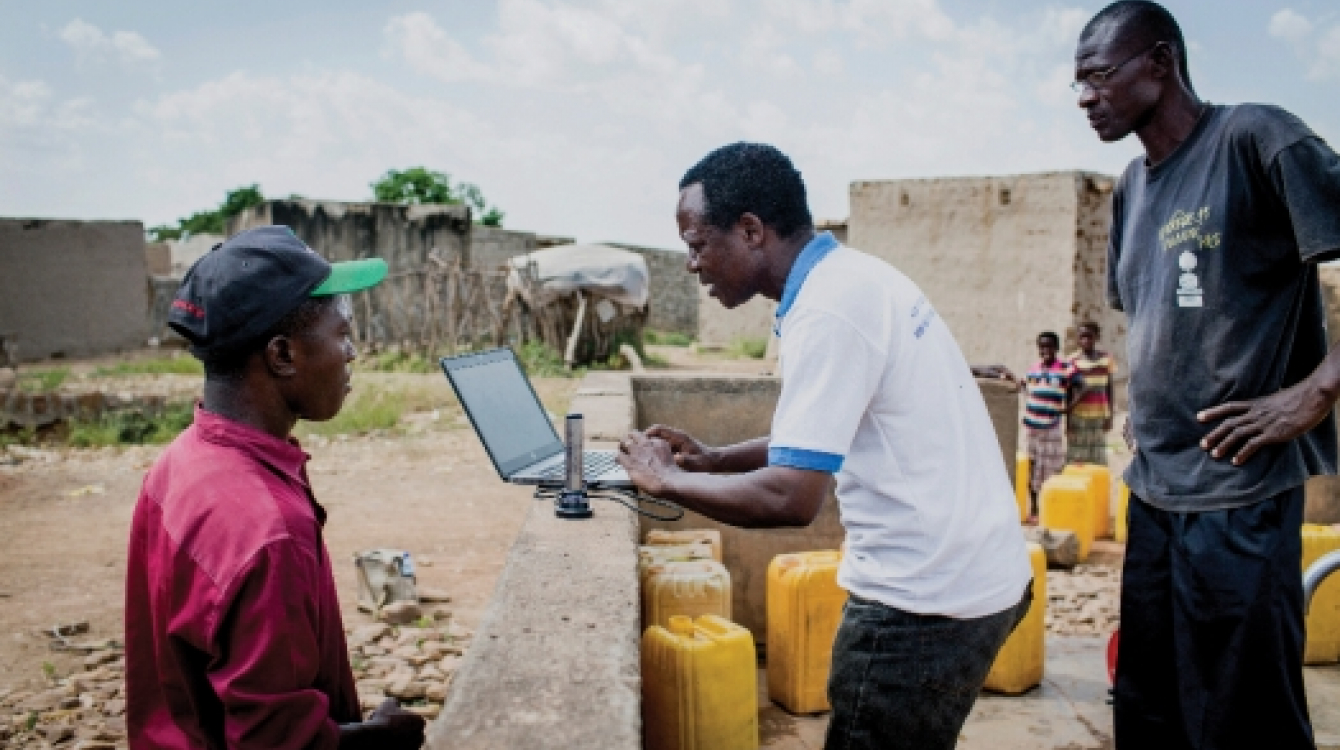NAIROBI,
Kenya
Kenyan
youth are cashing in on the growth of digital technologies, with many using the
platforms to create jobs for themselves and others.
East
Africa's biggest economy is now awash with youths earning a living exclusively
online.

Some are
running blogs, other e-commerce platforms while a huge number are working as
social media influencers.
The
latter is currently among the most sought-after digital workers by corporates
and politicians to promote products, courses or sensitize the public.
Even the
government is turning to the influencers when it wants to drive a certain
agenda and to reach to the youth.
Kenya is
among the countries in sub-Saharan Africa with the highest number of social
media users.
There are
8.2 million active social media users in the East African nation, according to
Digital 4 Africa, a think-tank in Kenya. About 70 percent of them are on
Facebook, 14 percent on Instagram and 12 percent on Twitter.
This has
come as a boon to the influencers who are cashing in on demand for their
services.
"There
is good money on social media, you only need to figure out how to make
it," said Gilbert Matsio, who trained as a journalist but now blogs for an
entertainment website in Kenya.
His work
is to write entertainment stories focusing on celebrities and review events and
he is earning a living from it.
"When
I left college four years ago, my dream was to work in one of the top media
houses in Kenya. Then reality sunk in that jobs were hard to come by. A friend
showed me opportunities online and I have never looked back," said Matsio,
noting in a good month he earns 150,000 shillings (1,500 U.S. dollars).
He has
over 50,000 followers on both Twitter and Instagram, which he calls his social
media asset. But that is not all that he does, he is also a social media
influencer.
He was
among dozens of influencers hired two weeks ago by a multinational that was
launching new margarine in Kenya.
"Our
work was to make the company trend on social media and highlight the aspects of
the product. We did it," he said.
Joseph
Macharia, the founder of Mkulima Young, an e-commerce platform, said he created
the platform after noticing farmers are not marketing their products directly
to consumers.
"They
were selling to brokers at a lower price, what was making them earn less,"
he said.
His
website now provides farmers in Kenya and across Africa a platform to sell and
seek goods to buy.
"Digital
technologies provide farmers with additional marketing opportunities and act as
an enabler in solving problems as farmers place their products on the site for
a wider market catchment," he said.
"A
digital economy offers new job opportunities for the youth, growth of micro,
small and medium enterprises and for the majority of the Kenyans who are
farmers, the digitization of the agricultural sector offers new opportunities
through innovations that upscale the agricultural value chain," according
to the Digital Economy Blueprint 2019 by Kenya's Ministry of Information,
Communication and Technology.
The
Kenyan government is currently running the Ajira Digital Program, which has
enabled over 630,000 youths to have access to online jobs, according to the
Ministry.
Bernard
Mwaso, a software developer with Edell IT Solution in Nairobi, noted that
digital technologies are the new frontier for job creation in Kenya as the
other sectors slow down.
"Digital
technologies are not only working as enablers of other services but they are
themselves providing opportunities. Mobile money is a good example where it is
facilitating business and has created over 240,000 jobs for agents," he
said.

No comments:
Post a Comment